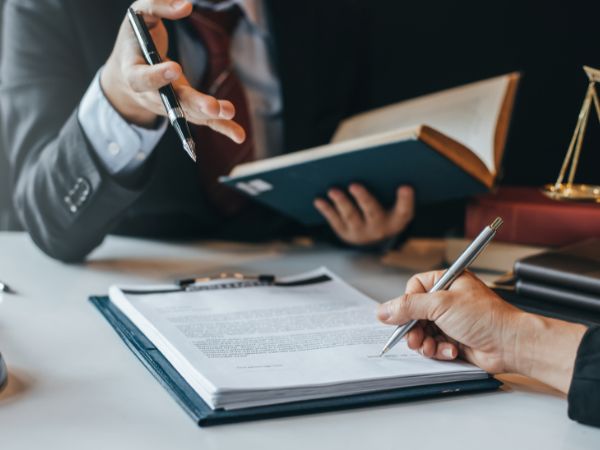In today’s world, where legal battles can define the future of individuals, access to legal assistance becomes paramount. However, for those facing financial constraints, this necessity often seems like a luxury. This article delves into the realm of “legal assistance for low-income” individuals, shedding light on the resources available and how to navigate these options. We’ll explore not just the avenues for assistance but also how to make the most of these opportunities, ensuring that financial limitations do not equate to a lack of justice.
Understanding Legal Assistance for Low-Income
Legal assistance for low-income folks isn’t just a service; it’s a lifeline that enables access to the justice system for those who otherwise would be left on the sidelines. This assistance comes in various forms – from legal advice and representation to educational resources and support in civil matters such as housing, family law, and public benefits.
The Importance of Legal Assistance
For low-income individuals, legal challenges can often mean the difference between stability and crisis. Without proper legal support, people may face unjust eviction, wrongful termination, or the loss of essential benefits. Legal assistance ensures that everyone, regardless of financial standing, has the opportunity to fight for their rights and protect their interests.
Types of Legal Assistance Available
- Legal Aid Societies: Non-profit organizations that offer free legal services to those who qualify based on their income.
- Pro Bono Services: Legal professionals volunteer their services for free or at a reduced rate to individuals or causes.
- Self-Help Legal Clinics: Workshops or online resources that guide individuals on how to represent themselves in court.
- Legal Hotlines: Phone services that provide legal advice and information on a variety of issues.
- Online Legal Resources: Websites offering legal information, document templates, and guidance for those who decide to self-represent.
Finding and Accessing Legal Assistance
- Research: Start by looking up local legal aid societies, pro bono services, and self-help clinics.
- Eligibility: Check the eligibility criteria for each service, as they often have income limits.
- Prepare: Gather all necessary documents and information related to your legal matter before reaching out for help.
- Advocate: Don’t hesitate to ask for what you need and follow up to ensure you receive the assistance you’re seeking.
Maximizing Legal Assistance
- Be Proactive: Seek help as soon as a legal issue arises to avoid complications later.
- Stay Organized: Keep all your legal documents and correspondence in order and easily accessible.
- Educate Yourself: Use online resources to understand the basics of your legal issue.
- Follow Advice: Once you receive legal advice, make sure to follow it as closely as possible to improve your chances of a favorable outcome.
FAQs
Q: What if I don’t qualify for legal aid but can’t afford a lawyer? A: Consider looking for lawyers who offer “sliding scale” fees based on income or those willing to work out a payment plan.
Q: Can I get legal assistance for any type of legal issue? A: While many legal aid organizations focus on civil legal matters, some resources and hotlines provide advice on a wider range of issues. Research specific to your needs is key.
Q: How can I ensure my application for legal aid is successful? A: Provide complete and accurate information about your financial situation and the legal issue you’re facing. Being transparent and thorough will aid in the assessment process.
Summary
Legal assistance for low-income individuals is not only a necessity but a right that supports the foundation of justice and equality. By understanding the types of assistance available, knowing how to access these resources, and taking proactive steps to engage with the legal system, individuals facing financial hardships can navigate their legal challenges more effectively. Remember, the path to justice should never be obstructed by financial barriers. With the right knowledge and approach, legal assistance can become a powerful tool in upholding the rights and dignities of every individual, regardless of their economic status.
Navigating the legal system can seem daunting, especially when resources are limited. However, by leveraging the support structures in place and approaching your legal journey with determination and preparedness, you can find the help you need to face legal challenges head-on.

